-
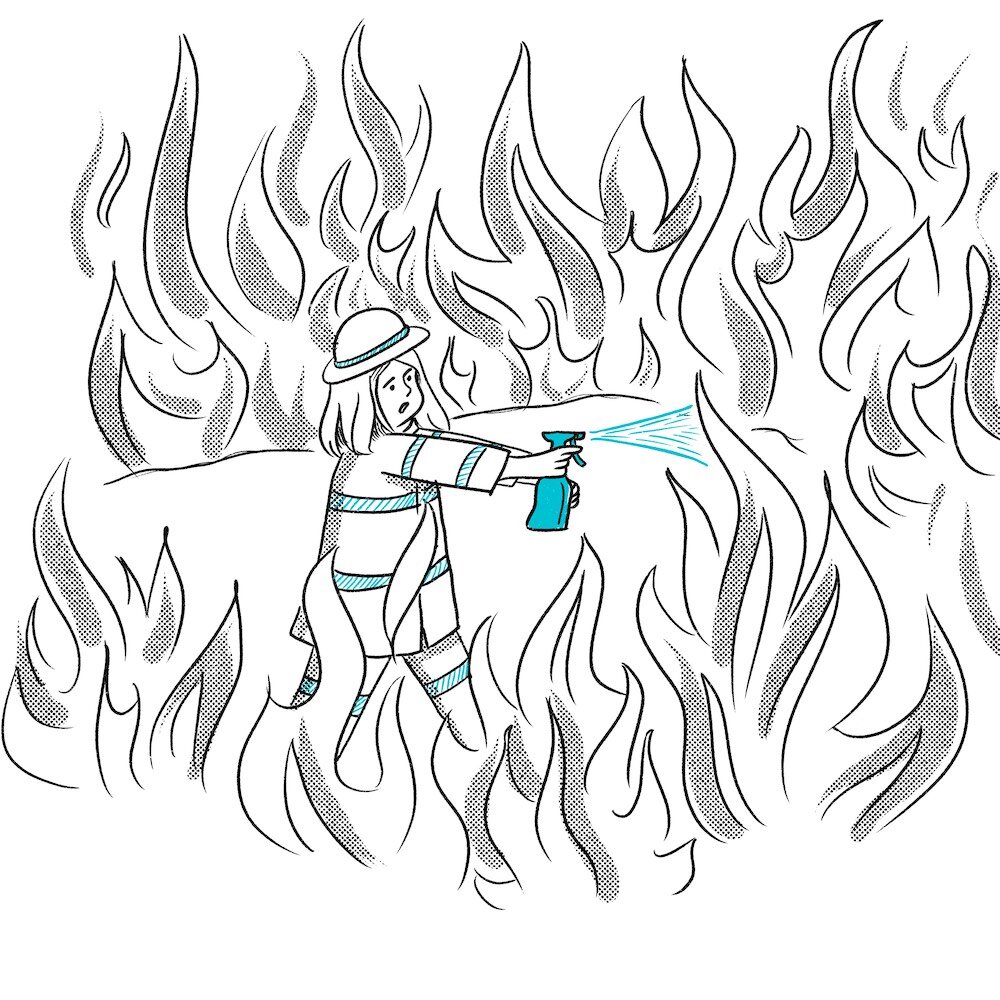
How to handle clients who keep setting fires you have to put out?
Clients have a tendency to think that you’ll make time to do their work. They have their urgencies which they will most certainly transfer to you. Some clients will be worth it. Some not. Grow an intuition to tell the difference.
Read more — about How to handle clients who keep setting fires you have to put out?
-

What does a break mean to you?
I’d spent so many years being high-energy that I’d muddied up what normal was. That day was a welcome break from my own self.
-

Resume structure for a college dropout.
How would you structure a resume for someone who has around a year or two work experience, but have dropped out of college?
-

Salaried, not full-time.
I often hear the word ‘full-timer’ as the opposite of ‘freelancer’. Don’t freelancers work full-time? I even know freelancers who work only for one client 8 hours a day — they just don’t get PF, gratuity etc.
-

How to renegotiate freelancer rates?
Yesterday, I wrote about when to renegotiate freelancer rates. I hear a lot of you thinking, “all that’s fine, but how do I do it?”
-
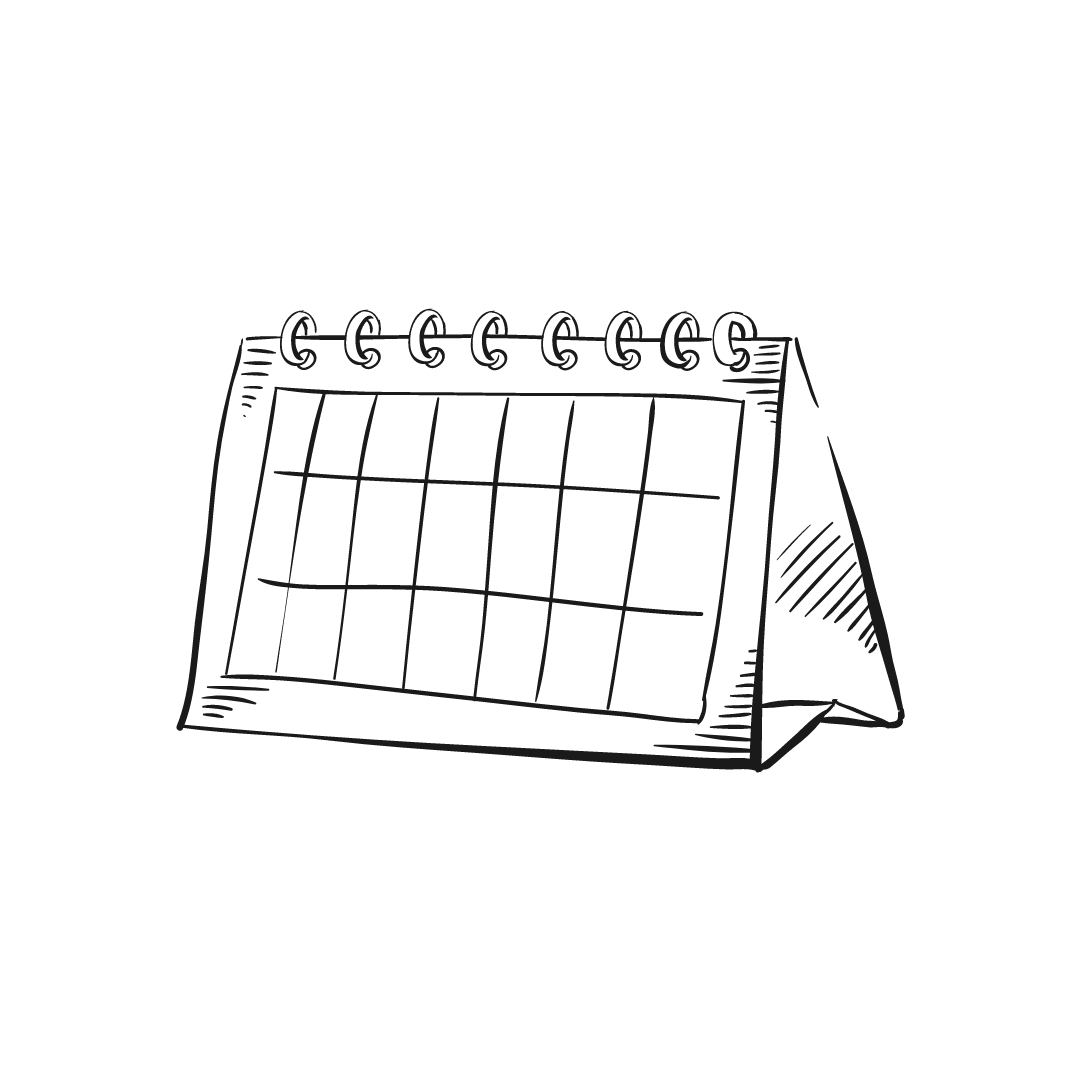
When to renegotiate freelancer rates?
Salaried folks get hikes year on year. But not freelancers. No ‘appraisal’ often means no hikes. Shouldn’t be, no? So, renegotiate!
-
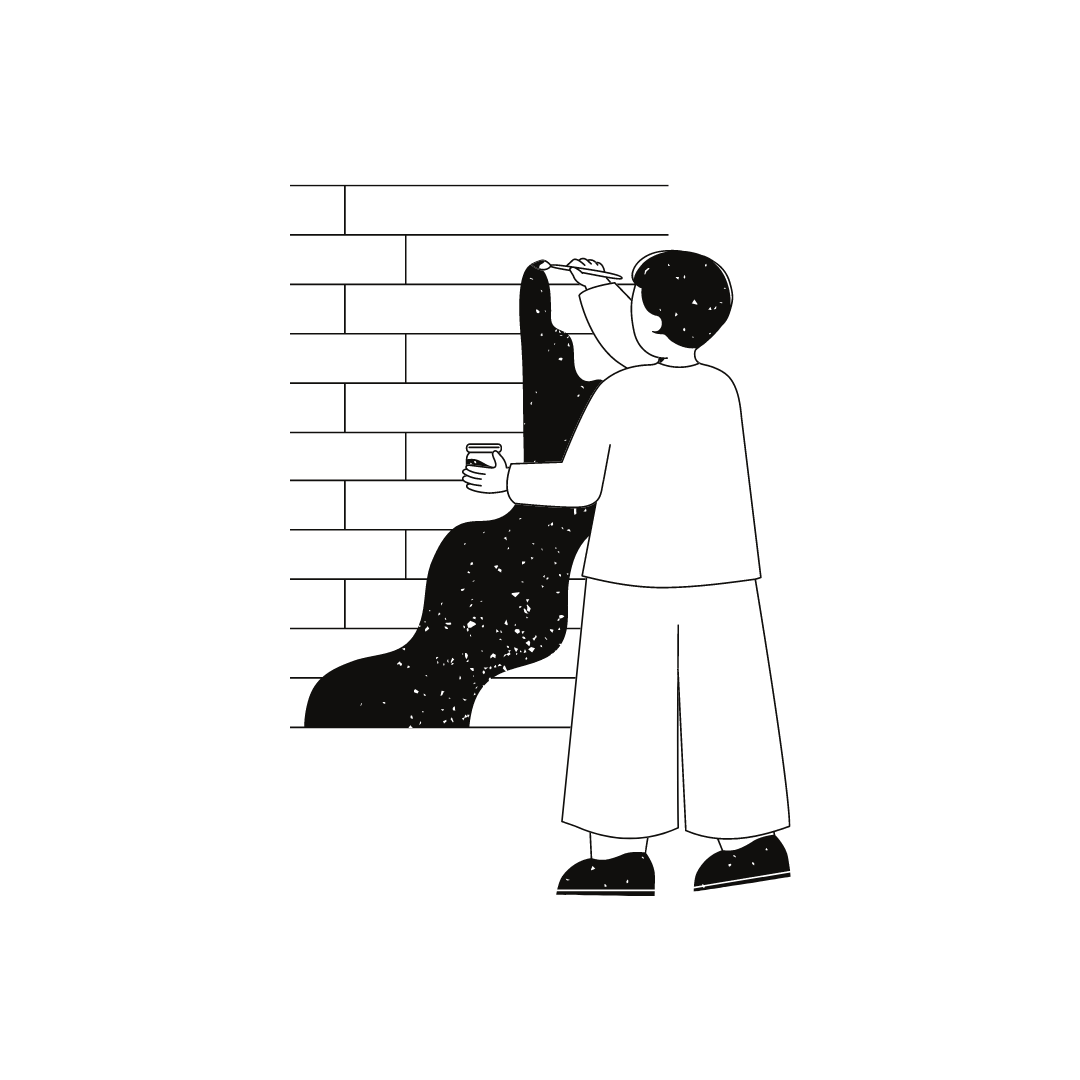
Set up structures to stay in control of your freelance business.
Tools and processes I personally use to stay on top of my businesses at all times — Calendar, Flow, Stickie notes and a daily planner.
Read more — about Set up structures to stay in control of your freelance business.
-

Should I quit in the middle of a pandemic?
I don’t like the job and have realized I’m not a good fit. How do I transition to another industry? I don’t want to quit my current job.
Read more — about Should I quit in the middle of a pandemic?
-
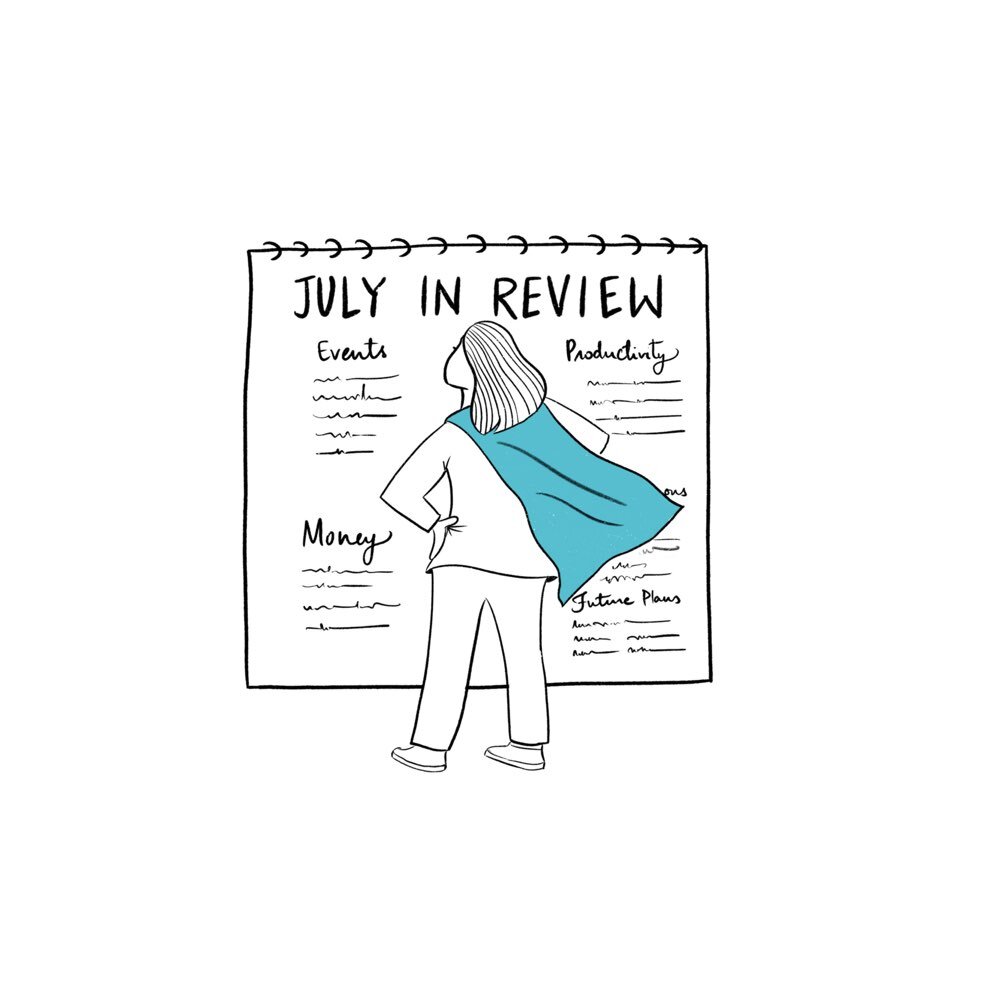
Do you have a monthly self-appraisal process?
Am I productive? Am I profitable? Am I successful? I needed a system to check for myself regularly if I’m doing well. This review template is what I devised over the last few years to facilitate self-appraisal.
Read more — about Do you have a monthly self-appraisal process?
-

Playing TV for comforting company. (I mean don’t.)
When I feel anxious and restless, I tell myself that a fun film I’ve watched before is good company. More often than not, it’s just pleasurable distraction.
Read more — about Playing TV for comforting company. (I mean don’t.)
-

Do what’s right for the customer.
There is this widely believed notion that clients know what they need. A company with a grand idea and (allegedly) stellar product should naturally know what they need when they seek a content writer, right? Wrong.
-

My need for precision. Or why I hate placeholder words.
Fundamentally, these words disturb my obsessive need for precision. My writerly goal is precision. Nothing bothers me more than being misconstrued.
Read more — about My need for precision. Or why I hate placeholder words.
-

Cross-pollinate ideas.
As writers, the world around us is inspiration. Every little thing — even if ah-mayzingly irritating — is good fodder for something else in the future. Keeping an eye out is the first step to finding inspiration.
-

What is the best way to show a maternity break on one’s CV?
I’m just emerging from a maternity break and starting to look for projects again but don’t want to scare people off with an unexplained yearlong gap. I’d really appreciate any suggestions you may have.
Read more — about What is the best way to show a maternity break on one’s CV?
-

The one thing about writing that trips me up: Tenses
In your profession, have you spent years getting good at something, but always trip over that one little mole?
Read more — about The one thing about writing that trips me up: Tenses
-

Are meetings real work?
Today alone, I have six scheduled meetings as well as a couple of calls I need to return that I haven’t put on the calendar. Now, you’d understand why I’m asking the question, “are meetings real work?”
-
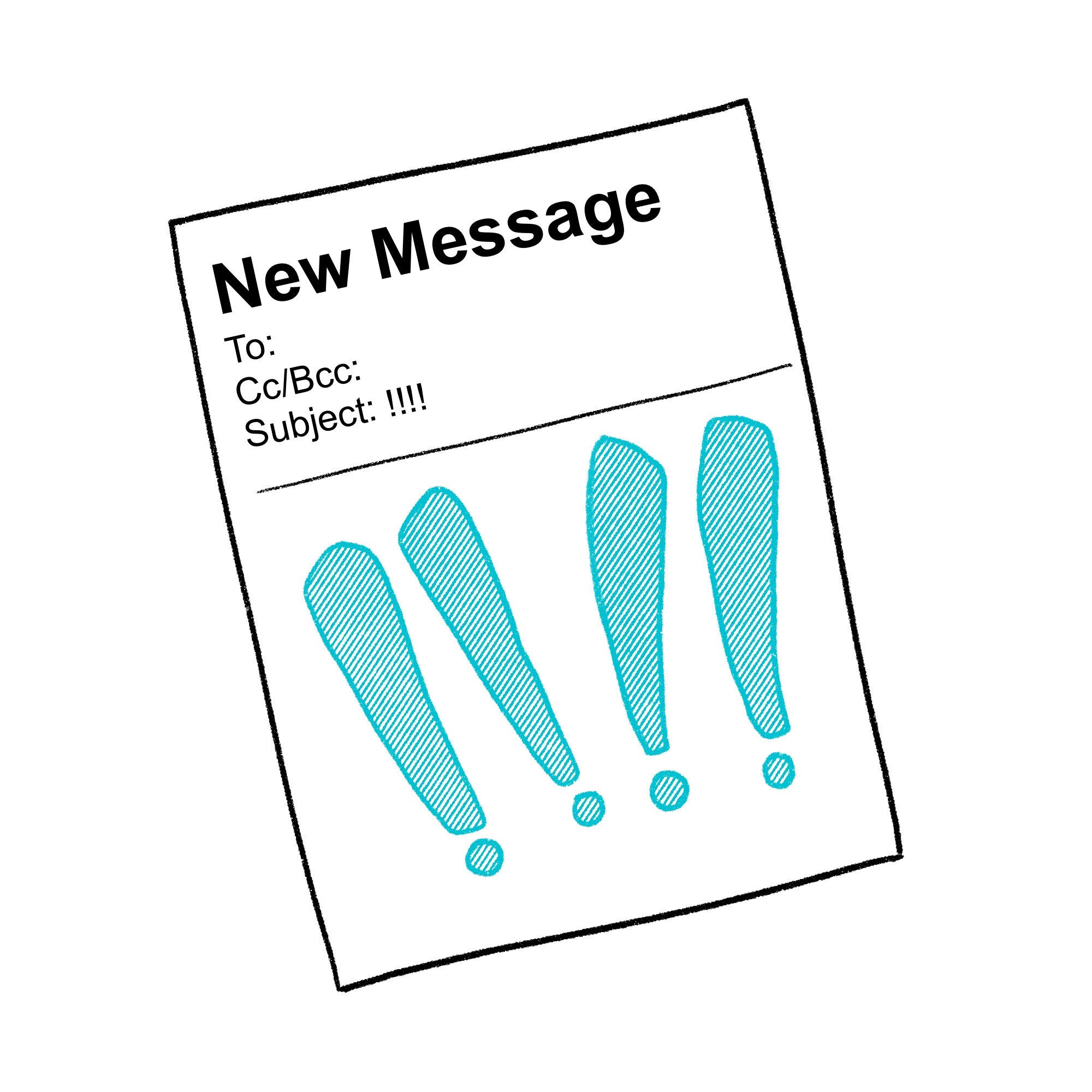
Exclamation marks — how many is too many in an email?
A friend of mine wrote to me recently saying that her husband was called out by a colleague in another country for using “too many exclamation marks”. What is the etiquette on this, she asked.
Read more — about Exclamation marks — how many is too many in an email?
-
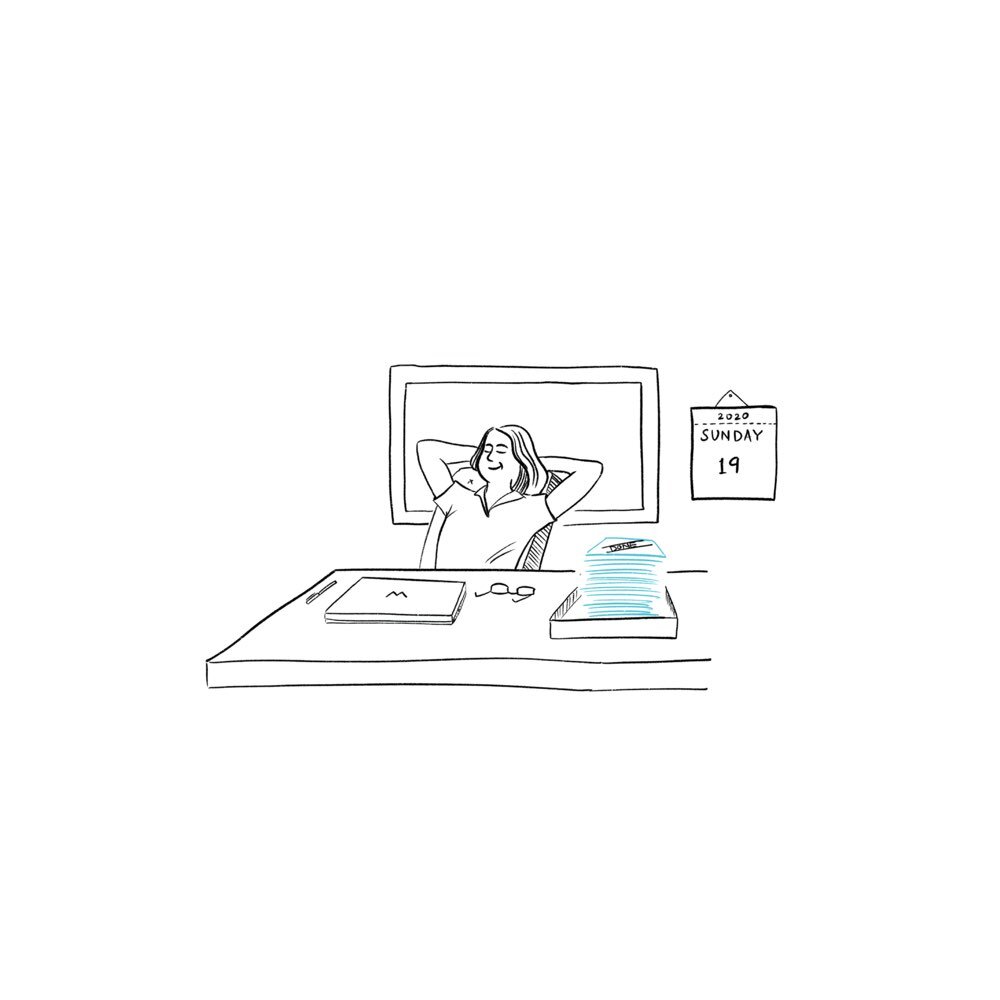
How do you write everyday?
I don’t write everyday. I only publish everyday. I write 7 blog posts on Sunday and schedule them to be published until the next Sunday and so on.
-
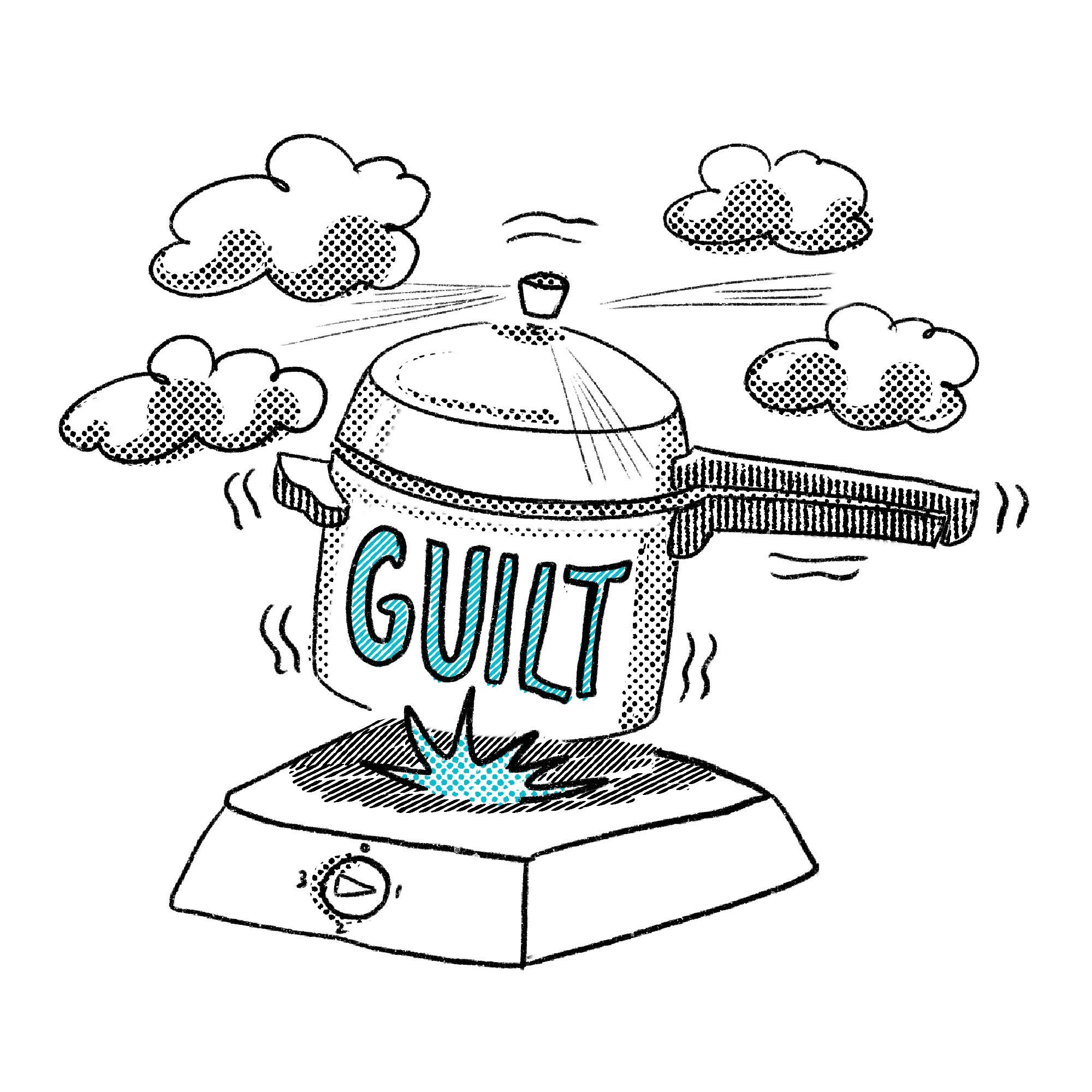
I have been working 14 hours everyday since Covid out of pressure and guilt. How to come out of this game?
From what I’m hearing, this is becoming scarily common. At the outset, let me tell you that this is unfair and exploitative.
-

You cannot run a business without having difficult conversations.
Last week, I was whining to my husband about how I don’t want to work with a client because of clash of values, but don’t want to talk to them because they’ll further persuade me. And he went, “you cannot run a business without having difficult conversations.”
Read more — about You cannot run a business without having difficult conversations.
-

Start with the end in mind.
Freelancing, by its nature, is work by ‘individual contributors’. So it helps immensely to learn to see the big picture before you put pen to paper.
-

Be visible.
Have you ever received a message from someone that said, “do you know anyone who does [insert specific thing]?” Let’s say a film reviewer, for instance. Who would you refer?
-
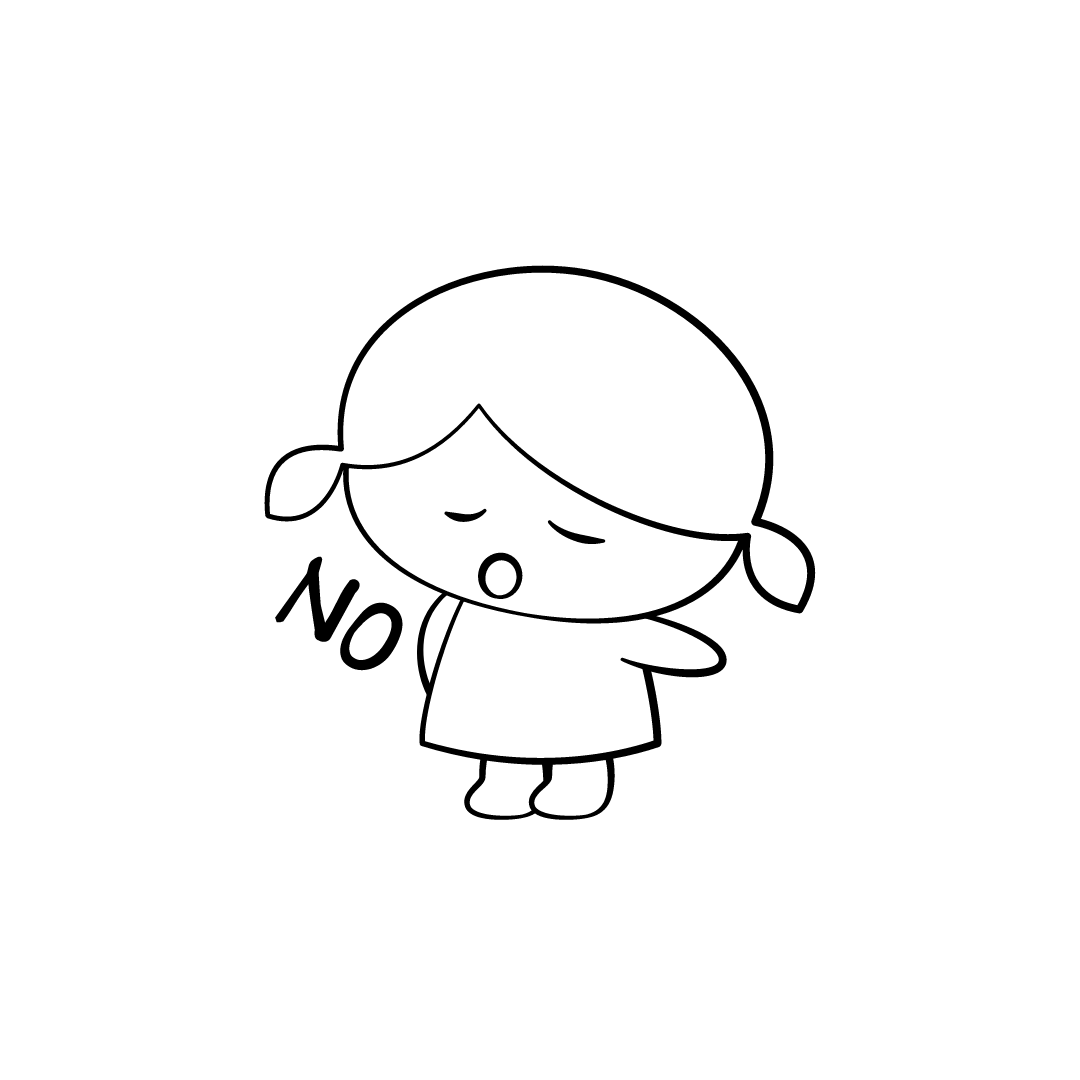
How many decisions can you make in a day?
On a regular basis, you are making hundreds of little decisions each day and it can be exhausting. Decision fatigue is a real thing.
-
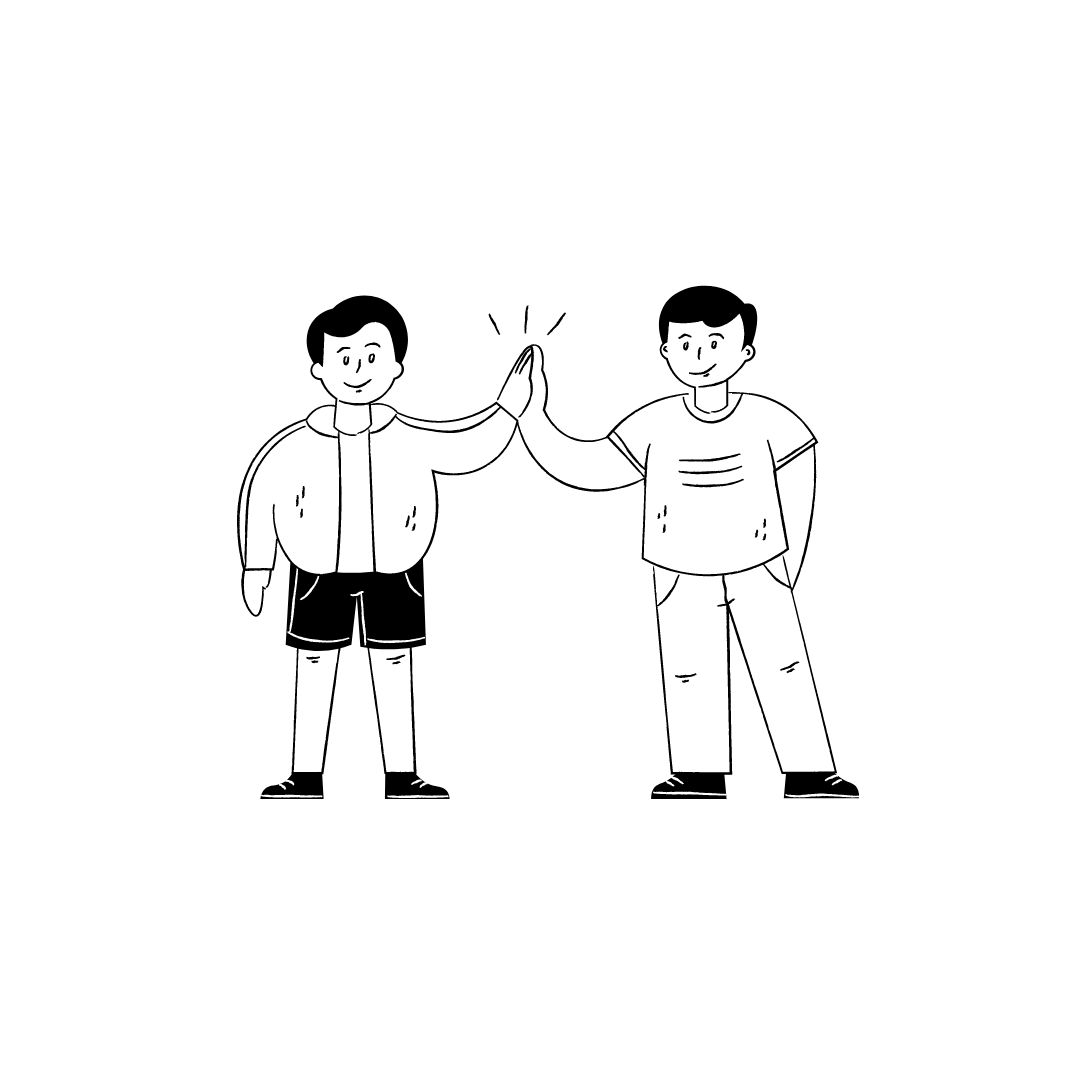
Close the damn loop.
It is only through proactive and considerate communication that you can build community, which is fundamental to growing your business.
-
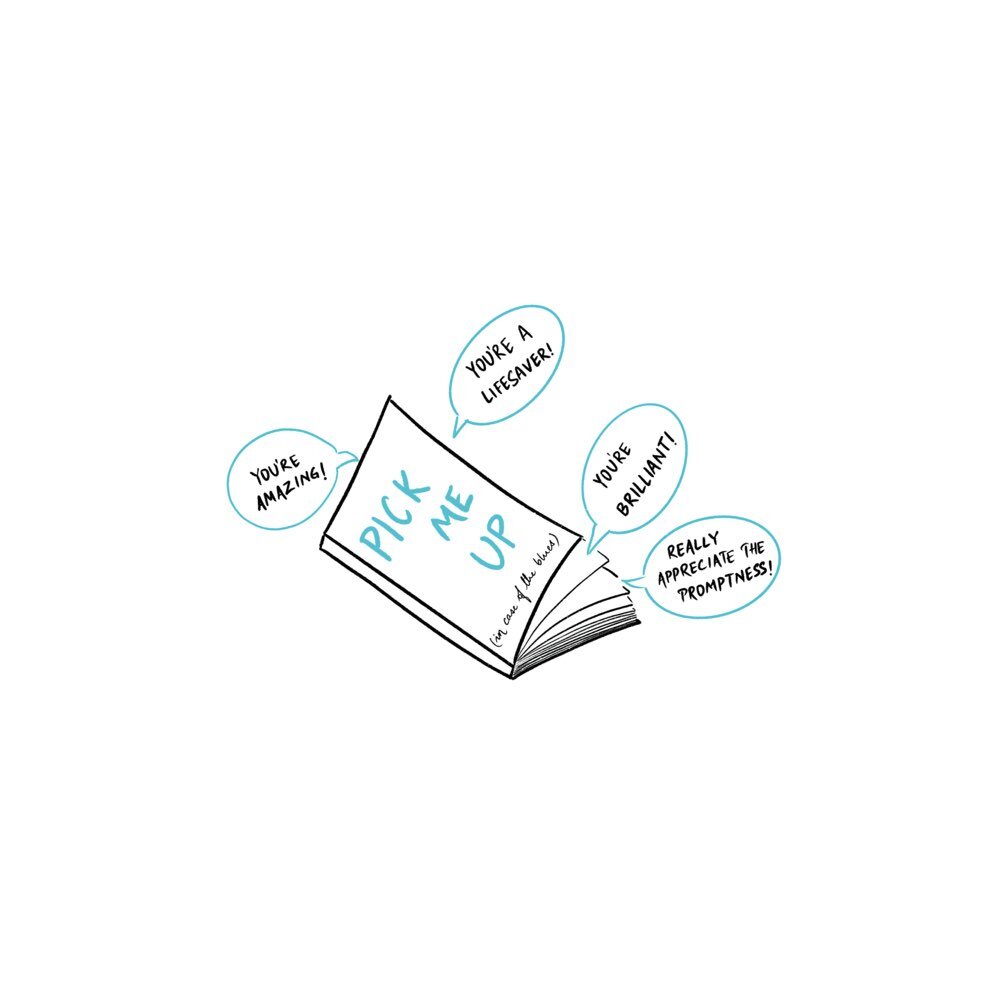
Keep a compliments book.
Someone I respect once said, “that’s disingenuous”. He didn’t call *me* disingenuous, just the argument I was making. While it hurt me in the moment, on second-thought, he was right.
-

My only friendly colleague is leaving. What do I do now?
-

Find people to talk to.
Freelancing is lonely business. It is very easy to muck your head up overthinking. You’re probably already doing it.
-

Have a rainy day task list.
A rainy day task list is basically work that will keep you busy, while there is no one pushing you to do it.
-
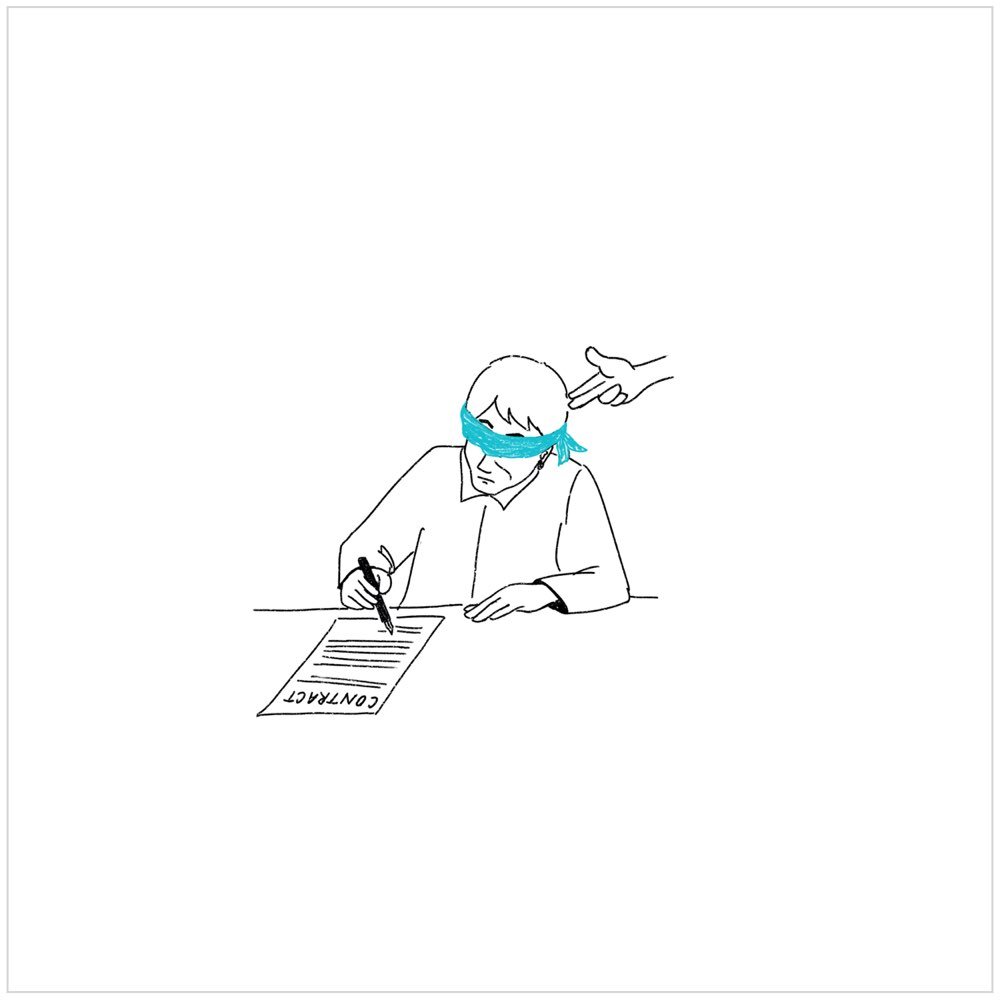
Don’t sign contracts you don’t agree to.
Most importantly, make the contract equal.
Read more — about Don’t sign contracts you don’t agree to.
-

Last step in a project isn’t payment. It’s testimonial.
When you ask for a testimonial, clients are forced to articulate their feelings about your work, which they might not have considered so far. You want that.
Read more — about Last step in a project isn’t payment. It’s testimonial.
-
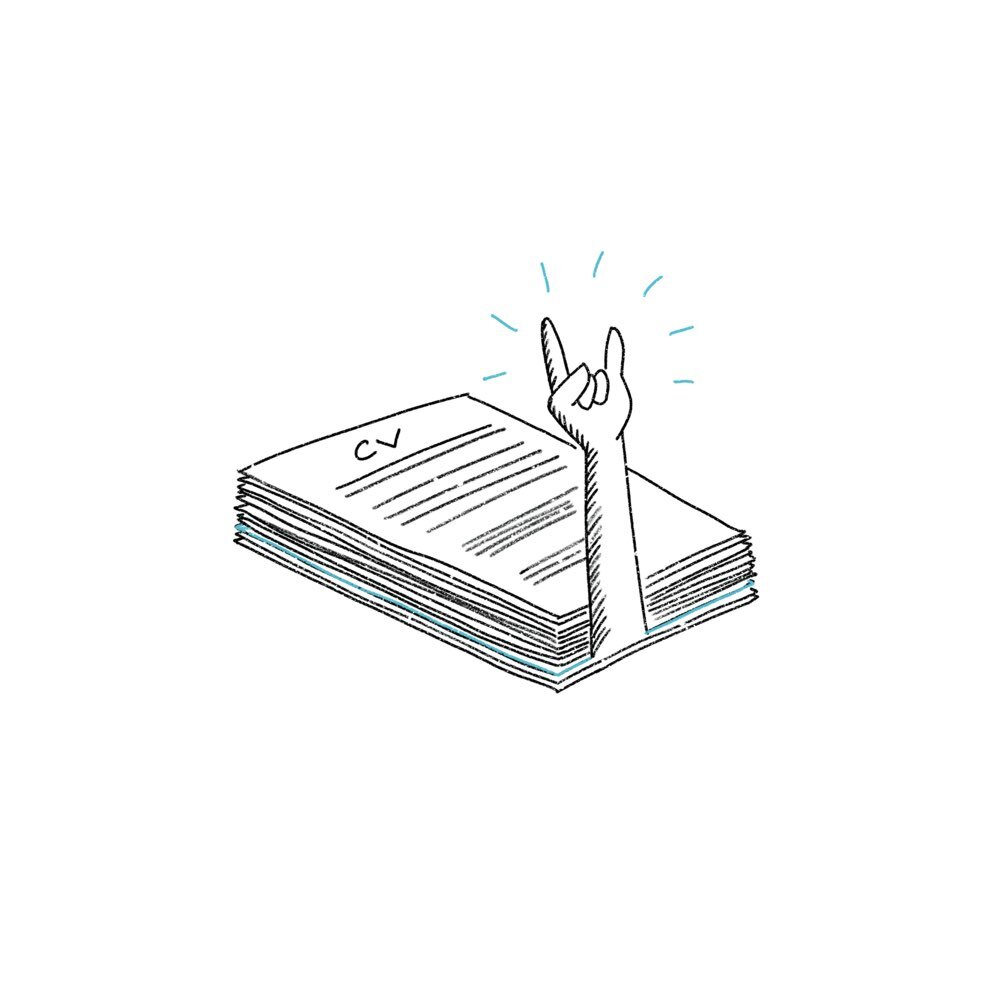
How to make a resume that stands out: A handbook.
What to include, how to write, what style to follow, what format to send in, everything you wanted to know about how to make a resume: Right here!
Read more — about How to make a resume that stands out: A handbook.
-

If you’re a writer, read.
A writer who says, “I don’t have time to read” isn’t investing enough on their craft.
-

Be multiskilled.
I’m not ashamed to admit that I’m mediocre at many things.
-

Learn to talk about yourself. Clearly and confidently.
If “hey, what do you do?” stumps you, you’re in the wrong business.
Read more — about Learn to talk about yourself. Clearly and confidently.
-

Not deciding is often the same as deciding not to.
There is not ‘right’ or ‘wrong’ decision. Just decisions and consequences.
Read more — about Not deciding is often the same as deciding not to.
-
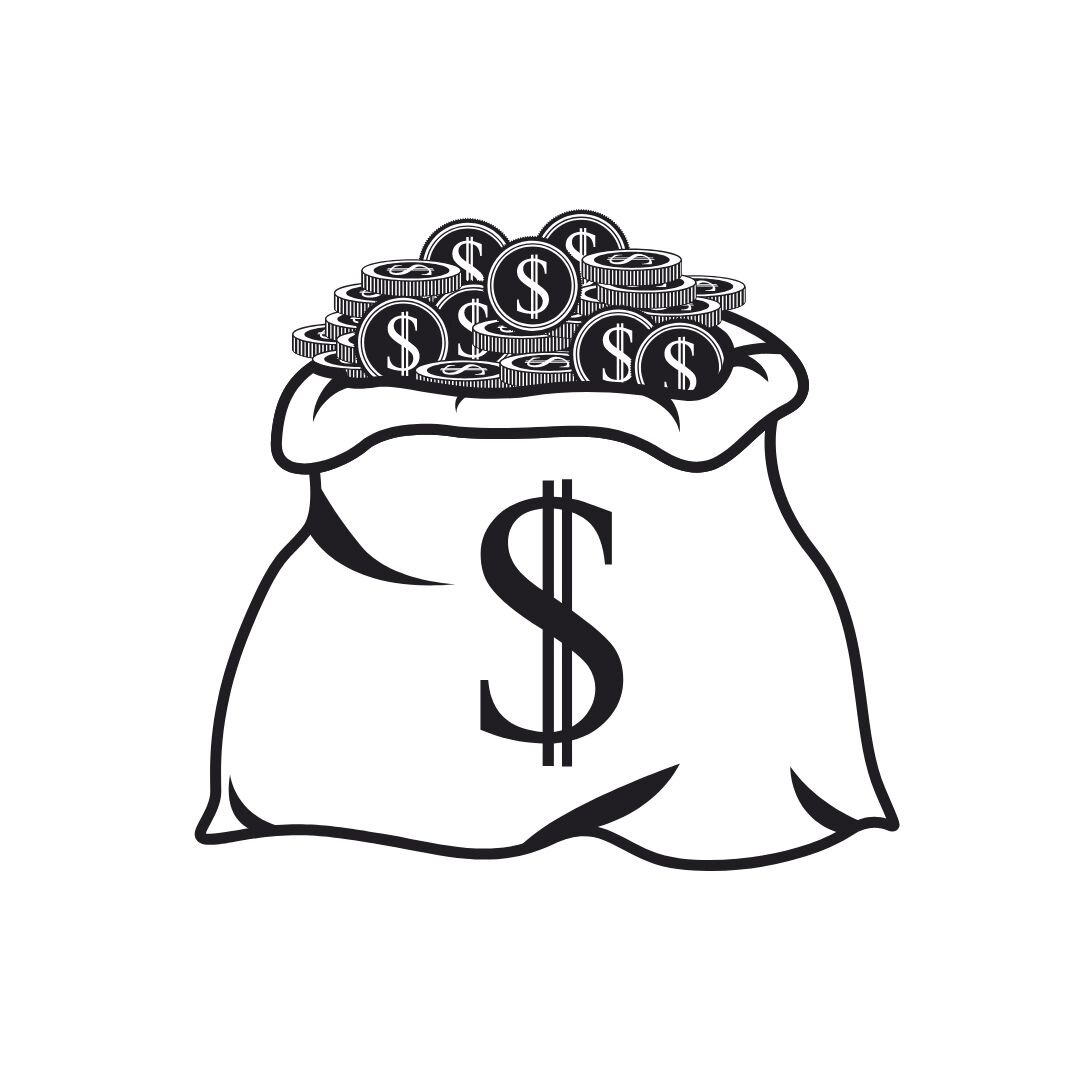
Why I don’t do free trials anymore.
Those who ask for free trials are generally those who don’t care. They don’t want to bear any risk. They don’t want to invest in a relationship. They are not willing to participate as equal partners to make this project work.
-

Write a good email subject line.
In essence, use the subject line like an executive summary of the email.
-

End your emails with a question.
Saying “let me know your feedback” often elicits a nod. But asking “Does this work?” or “What do you think?” makes them think about it and commit to a response.
-
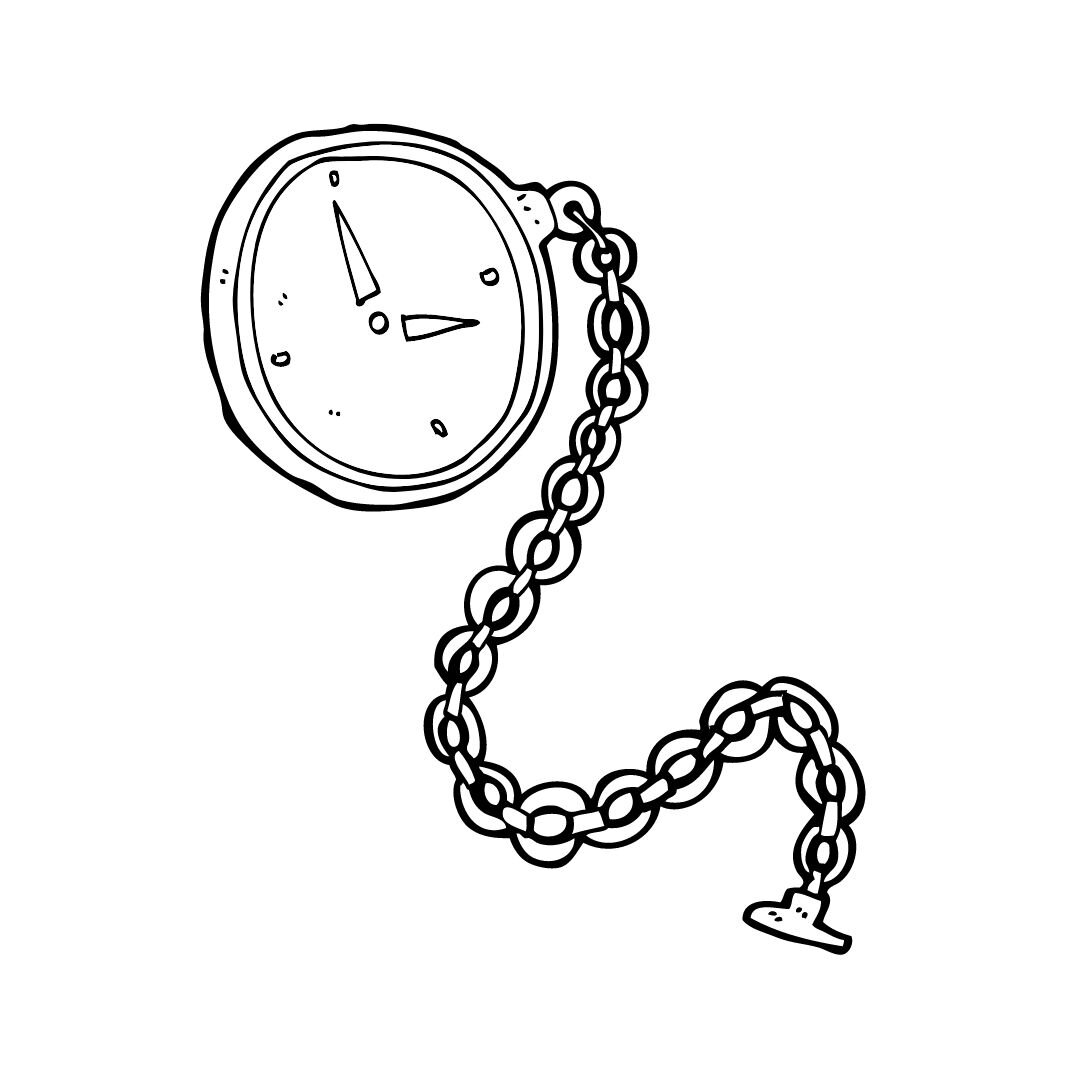
How many hours does it take to write 8 pages of website copy?
Well, it goes without saying that if you can avoid it, don’t charge by the hour. But the larger point I’m making here is: It takes so much longer to do something than you think it does.
Read more — about How many hours does it take to write 8 pages of website copy?
-

Invest in backup.
Identify everything you ‘need’ to continue your freelance career undisturbed, and invest in backup for them all.
-

Prioritise for your needs.
When your list feels out of control and too many things scream for your attention, put them aside. And think about what you want. That’s your priority.
-
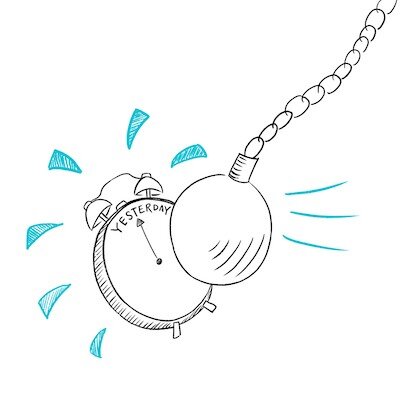
Nothing is truly urgent.
If a customer tells you they needed something yesterday, laugh. Because it’s a joke. Everyone knows that you can’t get things done in the past.
-
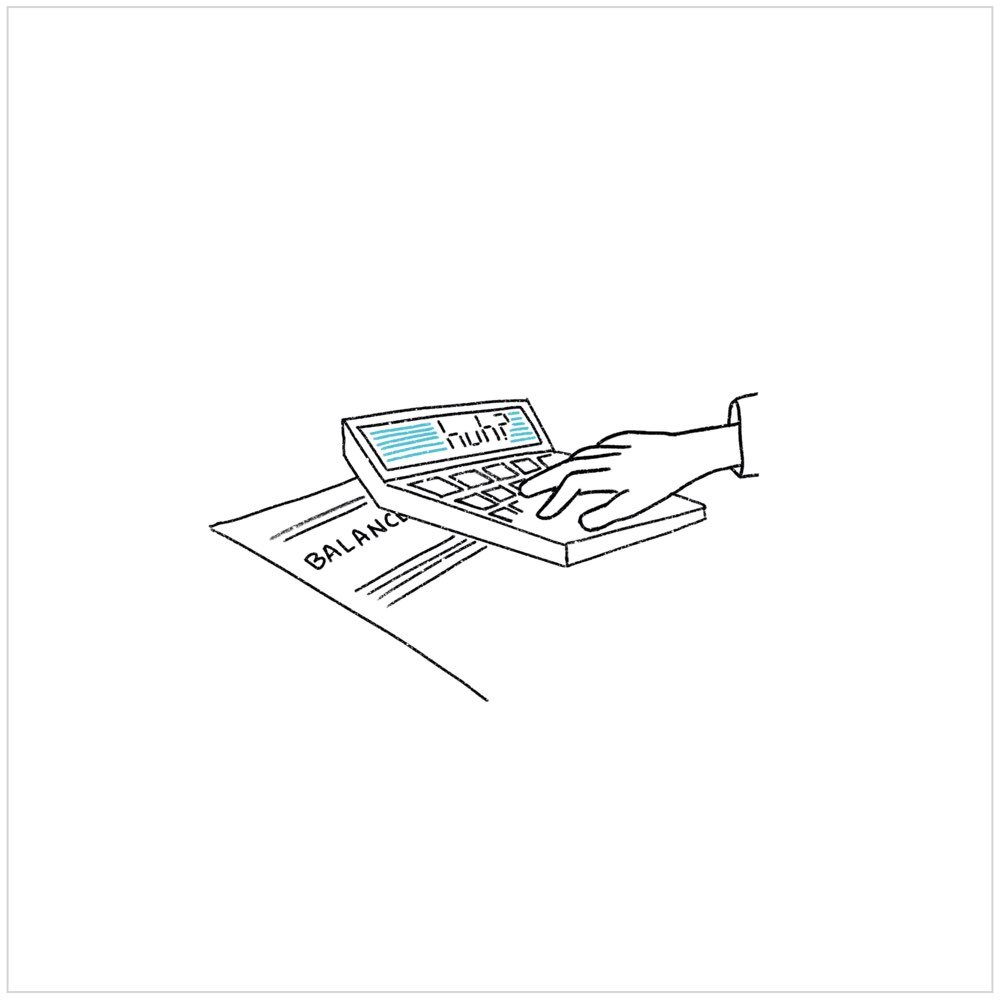
Mind your business.
If you feel like you’re doing SO MUCH work, but the bank balance doesn’t reflect it — here’s something that can help.
-

Why, oh why?
Of all the questions I’ve asked or answered, ‘why’ is the one I like most. There is nothing that clarifies things for me more than the ‘why’ question.
-

Give feedback.
At the workplace, giving feedback isn’t treated as much as a skill as receiving it. And this can be such a hindrance to good collaboration.
-

On second thought.
Have you ever made a decision under some kind of pressure and later realised you don’t want to do what you agreed to?
-

“Place the emphatic word in a sentence at the end, period.”
Shakespeare didn’t write in “Macbeth,” “The Queen is dead, my Lord.” He wrote, “The Queen, my lord, is dead.”
Read more — about “Place the emphatic word in a sentence at the end, period.”
-

Don’t play.
விளையாடாதே!
-
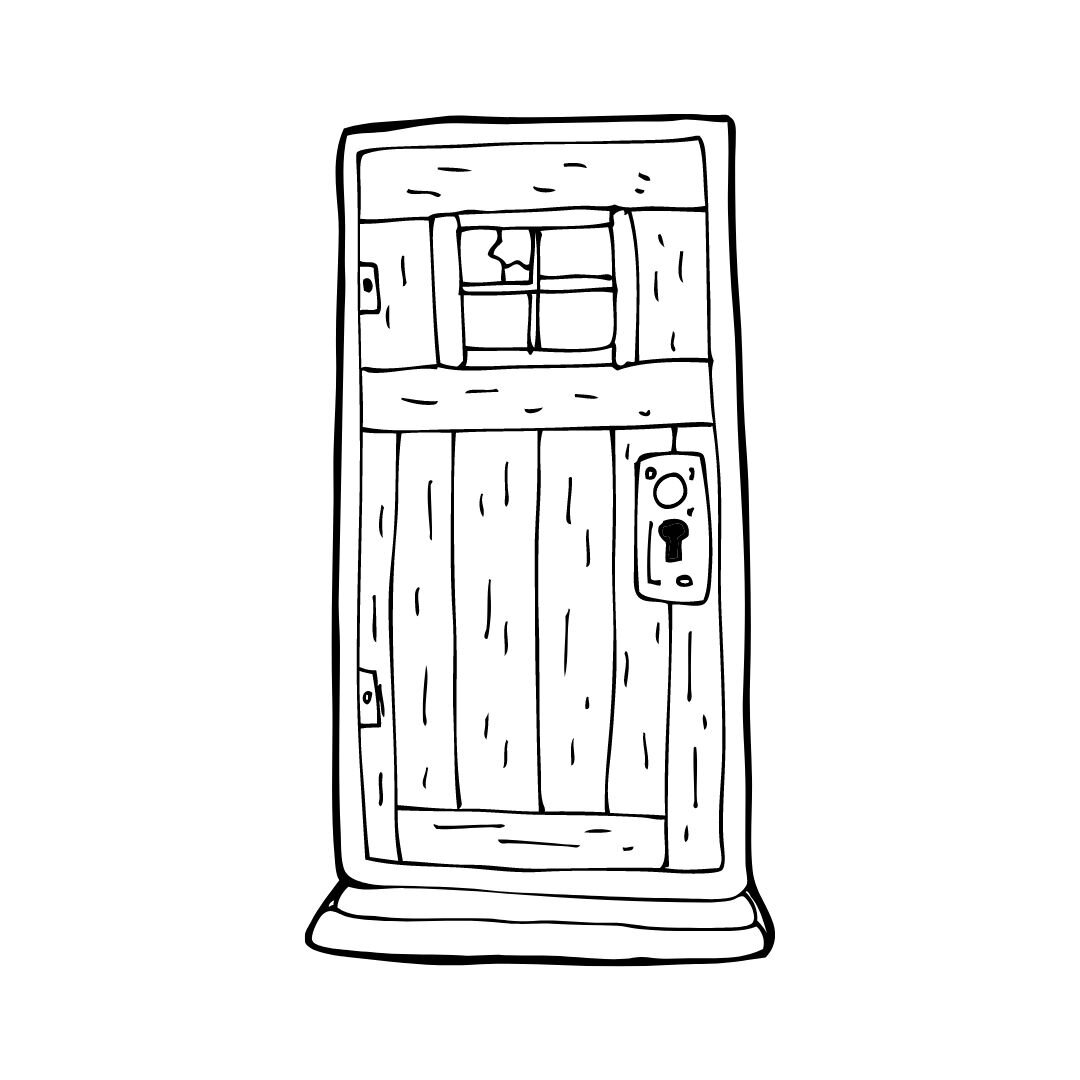
Always have an exit plan.
So, to end the work engagement without ruining the relationship with the client, and the one who referred you to the client, is a skill you absolutely need.
-

Shark Tank taught me to accept myself as a ‘writer’.
I learned that you don’t need to be the next Tesla. You can do great even if you invented a better kitchen scrub.
Read more — about Shark Tank taught me to accept myself as a ‘writer’.
-

Fear of judgment.
Many many years ago, I pitched to an editor, who was also a Twitter celebrity. I sent him an email and spent the entire day on his Twitter page worrying. My fear: That he will screenshot my email and out me as the stupidest person in the whole world.
-

The ultimate joy of abandoned projects.
If you’ve started a million things and not completed all of them, don’t beat yourself up over it.
-

Empty words.
“This government sucks,” someone said with an exasperated sigh. May be, but what do you mean?
-

Is self-deprecation your defence mechanism?
If we don’t believe in yourself, no one else has any reason to.
Read more — about Is self-deprecation your defence mechanism?
-
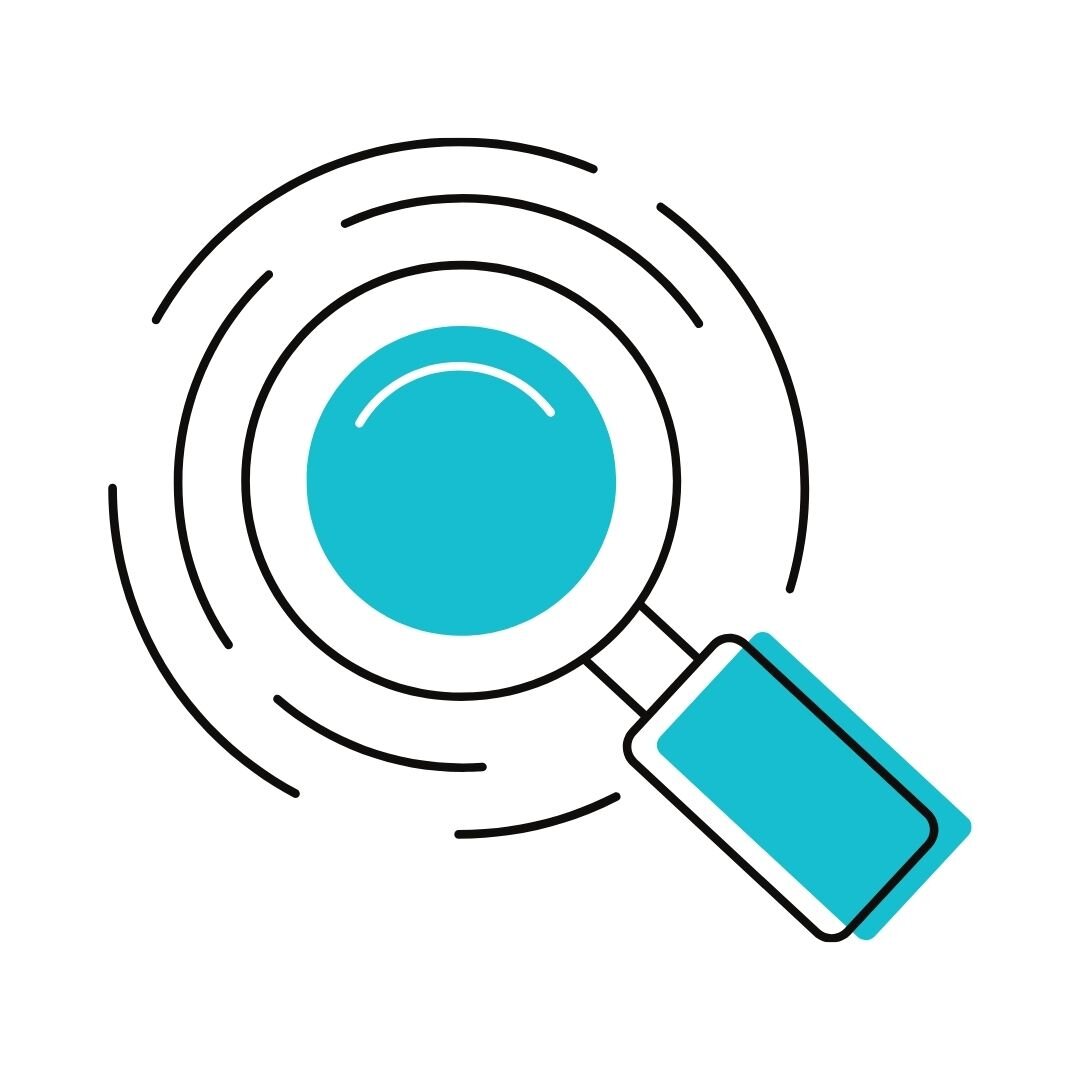
How are you naming your files, eh?
Would you believe me if I told you that a senior leader once sent me a document with the name ‘untitled’?
-

Learn actively.
Everything is learning, right?
-

What do you want: Feedback or validation?
Have you ever called a friend to ask for feedback on something and got so much negativity in return that left you angry?
-
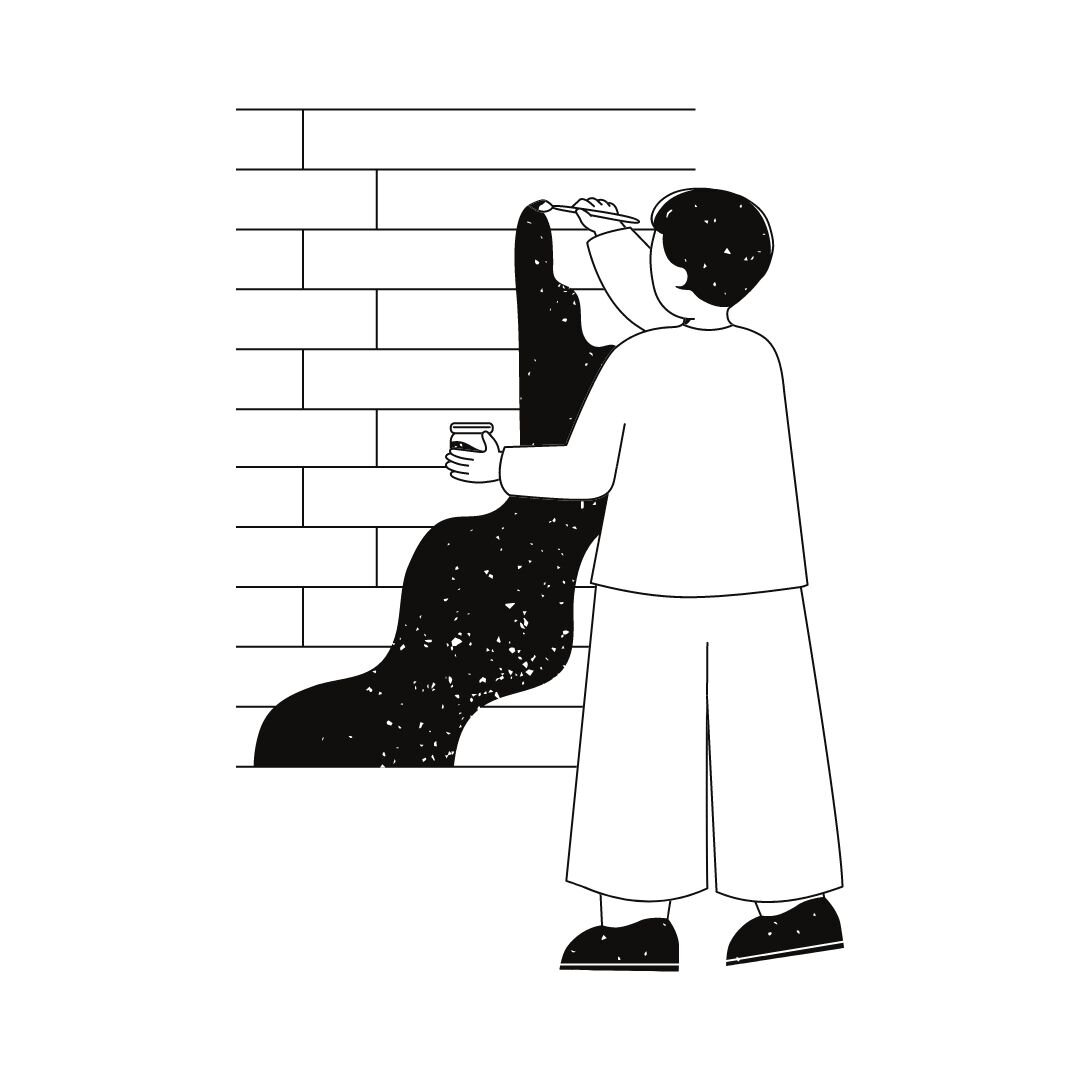
What kind of learning is wasteful?
If you spend an entire day trying to figure out how to change the default colour of your website font, is it time well spent or not?
-

Should you go freelance?
If you are considering freelancing, here’s one question I’d like you to ask yourself: Are you ready to run an entire business all by yourself?
-
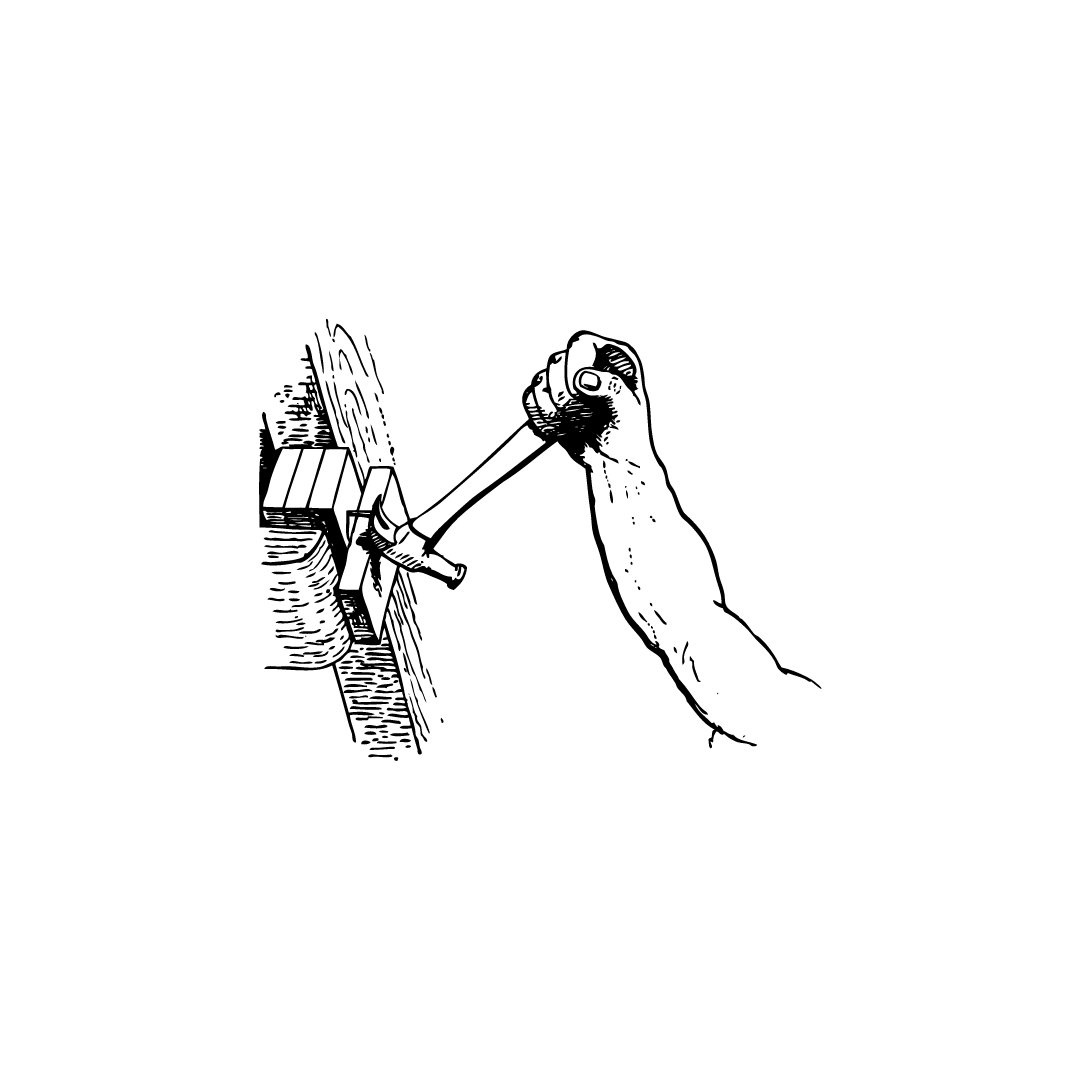
Choose your tools wisely.
If you’re going to ideate on a spreadsheet, you will think in rows and columns. So, choose your tools wisely.